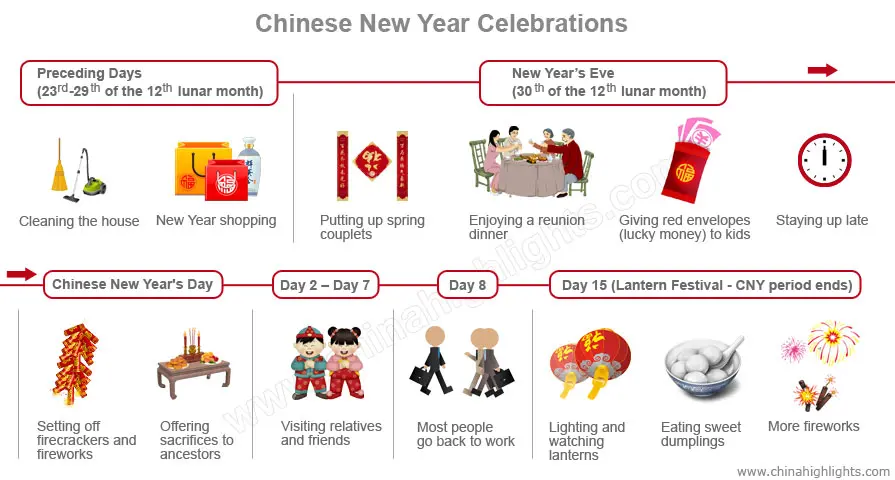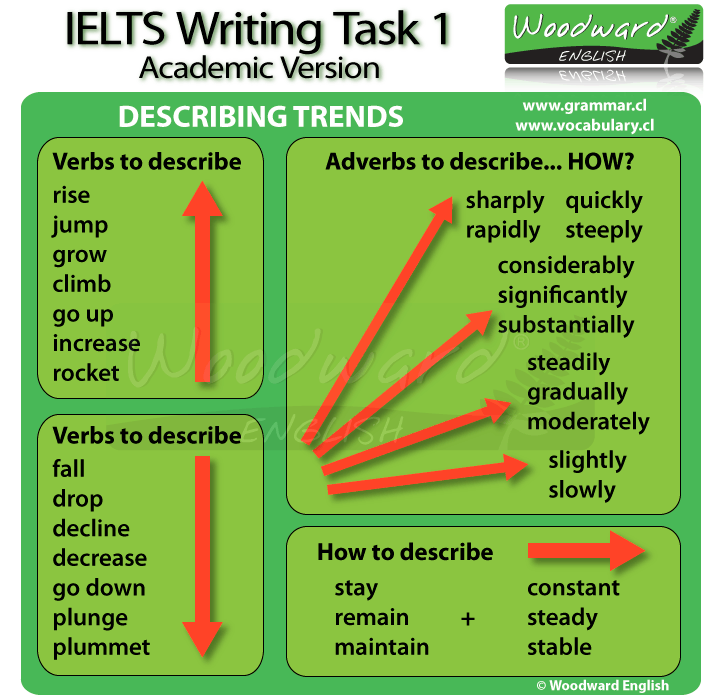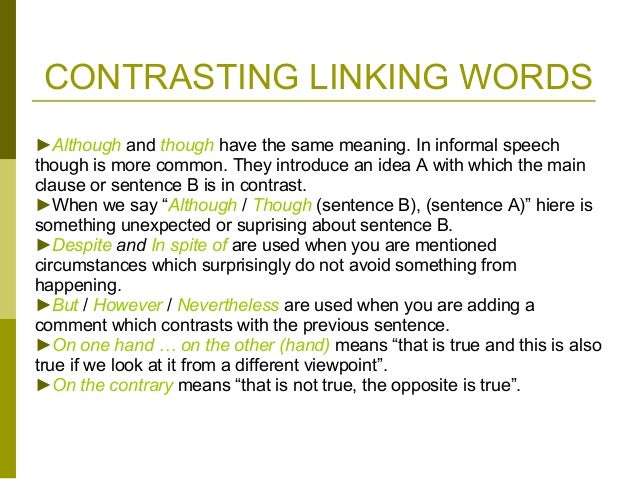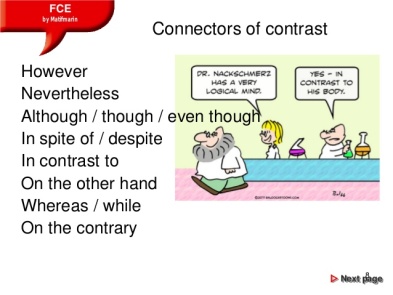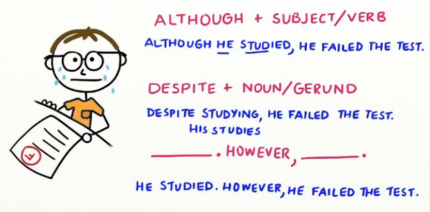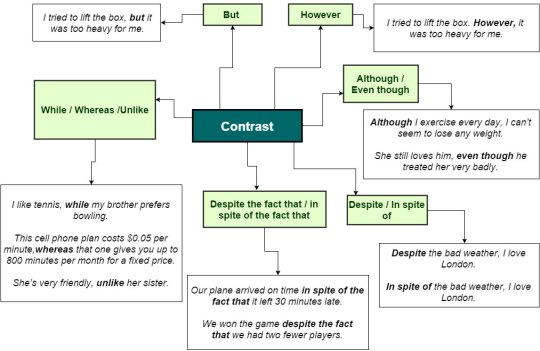
https://edubenchmark.com/blog/place-ielts-cue-card-speaking-part-2/
Pau test practice:
Go
it alone: solo trip on the rise as travellers opt for “me time”
More Britons are choosing to travel on their own, using apps and social
media, as it means a holiday without compromises.
Solo travel is on the rise as a growing number of holidaymakers opt for
trips that allow them to “do what they want”. Around 15% of travellers took a
trip on their own in the last year, according to the Association of British
Travel Agents (Abta). The figure is up from 12% last year.
The age range that showed the biggest increase was that of 35-44 year
olds, with more than 16% taking a trip alone: the figure for 2017 was just 5%.
Having the opportunity to do whatever they wanted was the most common reason
given by three-quarters of people surveyed in all age groups, while taking time
out and meeting new people have become less important, according to the report.
The upward trend over the last decade is attributed to improved
technology and a growing number of apps (alongside social media) that enable
travellers to navigate the world with more ease and confidence alone: from
instant language translation, free global messaging and other roaming options,
to apps that connect people with other solo travellers or local hosts for
dinner, tours or a bed for the night.
Travel companies have responded to demand by offering a range of options
for people booking by themselves. Tour operators, such as Intrepid Travel, have
doubled its offering of independent trips this year and say “solos” now
represent 50% of its customers. Its small group tours for solo travellers aim
to offer a “ready-made group of friends”
Abta reported that, overall, the number of British people taking a
holiday remained high, with 86% of respondents taking a holiday at home or
abroad in the 12 months to August 2018. Package holidays remain a popular
choice for holidays abroad and city breaks were still the most popular type of
trip: 48% of those surveyed having taken one this year, closely followed by
beach holidays (40%).
Despite the positive figures from Abta, the British tourist authority
chairman Steve Ridgway’s response had a note of caution, in light of Brexit:
“We face a number of significant challenges, the most important, the UK’s
departure from the European Union. We want to ensure that the future
relationship keeps our borders as frictionless as possible for visitors, our
aviation as connected as ever and our economic stability on track, because
tourism depends on this.”
Adapted from The
Guardian 9th October 2018
Question
1: [2 P] Indicate whether the following statements are true or false and write
down which part of the text justifies your answer.
a) More and more travellers want to feel free when
choosing their holiday activities.
b) Agents have had no reaction to solo travelling.
c) British people no longer choose holidays which include
everything they need to travel.
d) Future political changes may affect the tourist
industry.
Question
2 [2 P] Answer the following questions in your own words.
a) Why are more and more people taking a holiday on their
own?
b) How does technology help solo travellers?
Question
3: [1,5 P] Find words or phrases in the text that correspond to the words
and definitions given.
to choose (par.2)
chance
(par.3)
ascending (par.4)
variety (par.5)
to confront (par.7)
Question
4: [1,5 P] Choose and write the most suitable answer (a, b, c or d)
according to the text and write the sentence onto your worksheet
1.
The British tourist authority is cautious...
a)
although the positive figures from Abta.
b) however, Abta gave
positive figures.
c)
even though Abta gave positive figures.
d) due to the positive
figures from Abta.
2.
Solo travellers would not feel so confident...
a)
unless they have apps to help them.
b) if they used apps to
help them.
c)
whether they used apps to help them.
d) if they did not have
apps to help them.
3.
Social media and apps help solo travellers...
a) to contact their local agent.
b) talk to their group
partners.
c) help them with the language barrier in foreign countries.
d) book a table at a restaurant.
KEY
Question 1: [2 POINTS] Indicate whether the
following statements are true or false and write down which part of the text
justifies your answer.
a) TRUE “Solo travel is on the rise as a growing number of holidaymakers
opt for trips that allow them to “do what they want” OR “Having the opportunity
to do whatever they wanted was the most common reason given”
b) FALSE “Travel companies have responded to demand by offering a range of
options for people booking by themselves”
c) FALSE “Package holidays remain a popular choice for holidays abroad”
d) TRUE “Despite the positive figures from Abta, the British tourist
authority chairman Steve Ridgway’s response had a note of caution, in light of
Brexit”
Question 2 [2 POINTS] Answer the following
questions in your own words.
a) There is a growing number of people travelling alone since this way of
travelling offers them the freedom to choose what they can do; whereas before
they wanted to have time for themselves or just meet new friends.
b) Technology helps solo travellers as they feel they can rely on it if
they have problems with the language and can communicate easily with other
people travelling on their own; what’s more, they can even contact locals, who
they can meet for dinner or for accommodation.
Question 3: [1,5 POINTS] Find words or phrases in
the text that correspond to the words and definitions given.
a) to opt for
b) opportunity
c) upward
d) range
e) to face
Question 4: [1,5 POINTS] Choose the most suitable
answer (a, b or c) according to the text.
1. c) ...even though Abta gave positive figures.
2. d) if they did not have apps to help them.
3. c) help them with the language barrier in foreign
countries.
